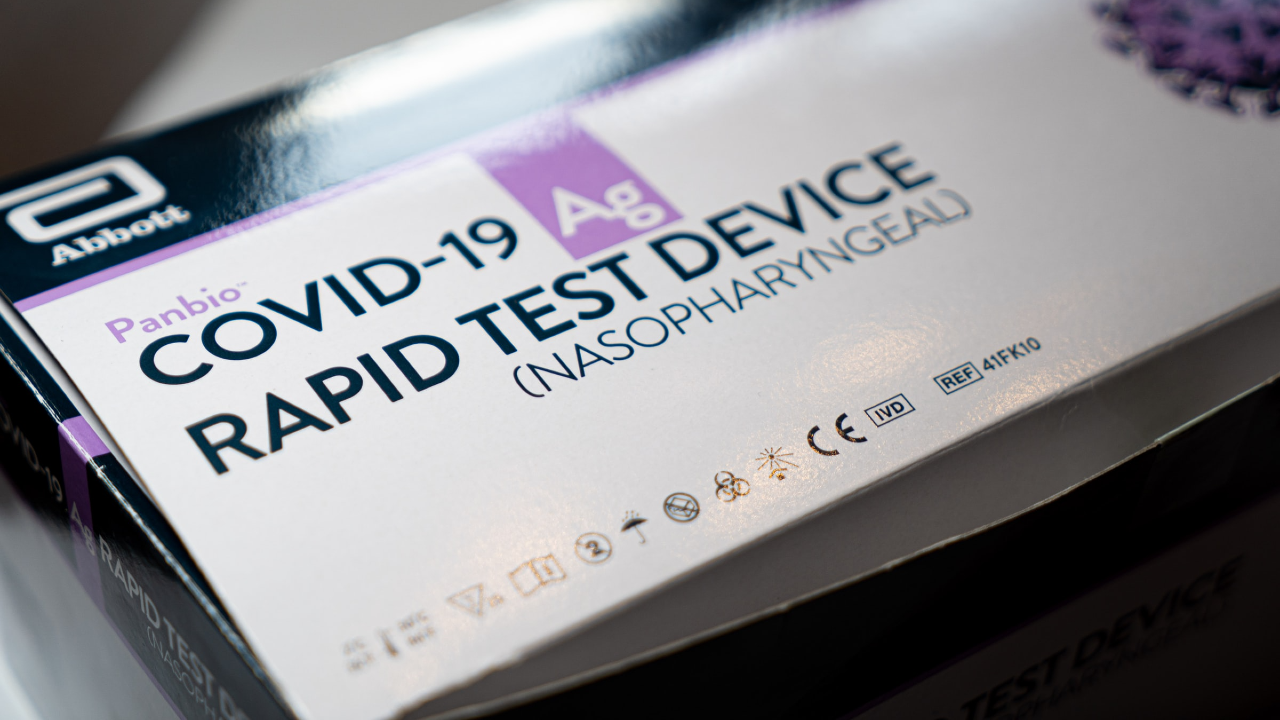With the rising number of COVID-19 cases, rapid antigen test kits have become a handy tool for quick testing. These test kits can provide results within 15-20 minutes and are used widely across schools, workplaces, and healthcare facilities. However, it is important to understand that using these test kits correctly is crucial for accurate results.

Rapid antigen test kits work by detecting the virus's proteins in the body. These proteins are usually present in the early stages of the infection, making these kits quick and efficient. However, there are instances where these test kits can provide false negatives or false positives. This happens when the testing protocol is not followed or when the test administration is not accurate.
To ensure that you get accurate results, it is essential to follow the healthcare guidelines while administering the rapid antigen test kits. Here are some things to avoid when using rapid antigen test kits:
1. Not following the testing protocol -It is important to follow the test kit's instructions carefully to get accurate results. Skipping any steps, such as prepping the sample or allowing the sample to sit for the time specified, can result in inaccurate results.
2. Using expired test kits- Always check the expiration date on the test kit before using it. Using an expired test kit can result in inaccurate results.
3. Testing too early or too late - Rapid antigen tests are most effective in detecting the virus in the early stages of the infection. However, testing too early or too late can result in false negatives or false positives.
4. Improper sample collection - The accuracy of the test depends on how the sample is collected. Improper sample collection, such as swabbing too shallow or too deep, can result in false negatives or false positives.
5. Interpreting the results incorrectly - Understanding how to interpret the test results is crucial. A positive result means the virus is present in the sample, while a negative result means the virus is not detected. However, it is important to remember that even if the test result is negative, it is still possible to have the virus. Always follow up with a healthcare professional if you have any symptoms or concerns.
In conclusion, rapid antigen test kits are a useful tool in detecting COVID-19. However, for accurate results, it is important to follow the healthcare guidelines while administering the test kits. Avoiding the above-mentioned mistakes can help in reducing false negatives or false positives, which are vital for controlling the spread of the virus. Remember to always consult with a healthcare professional if you have any concerns or symptoms. Stay safe and healthy.